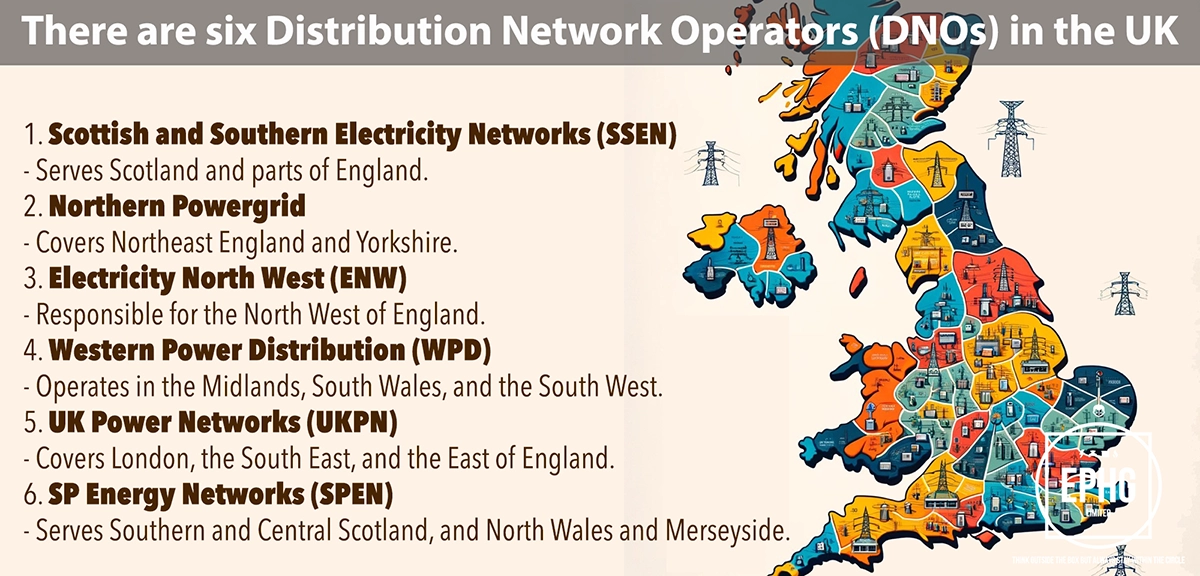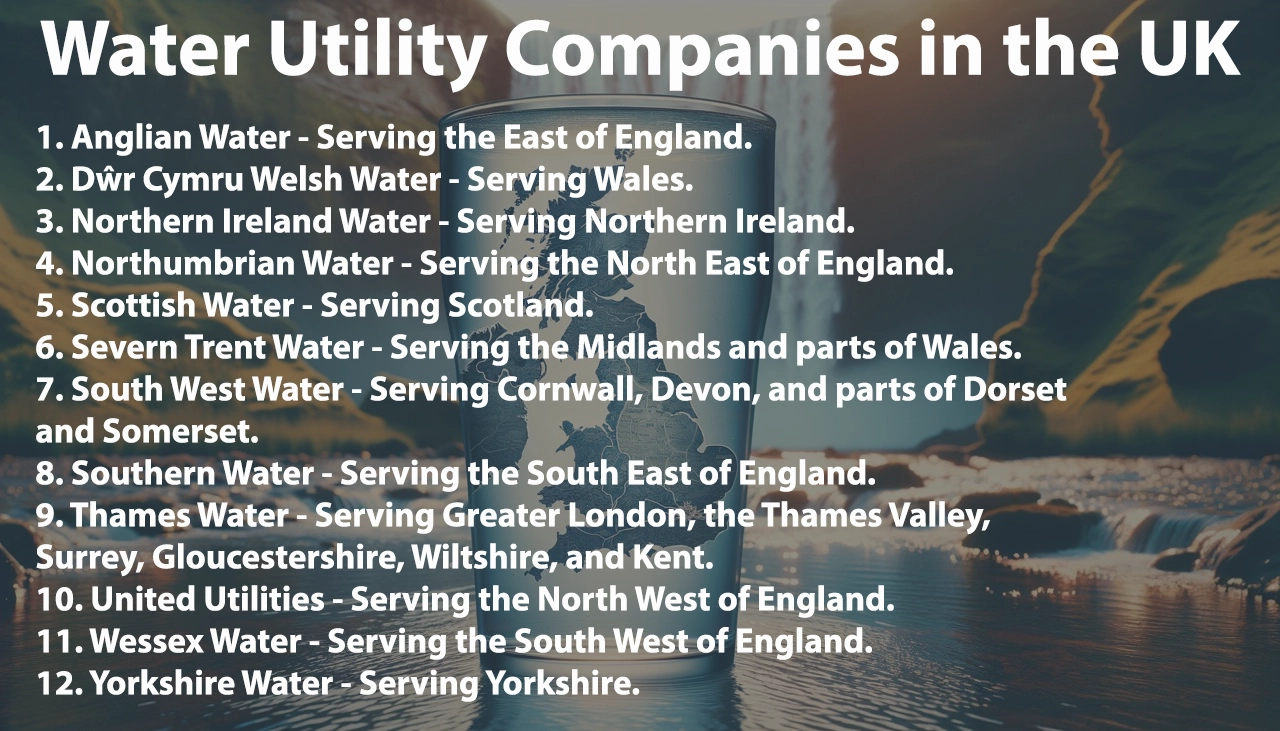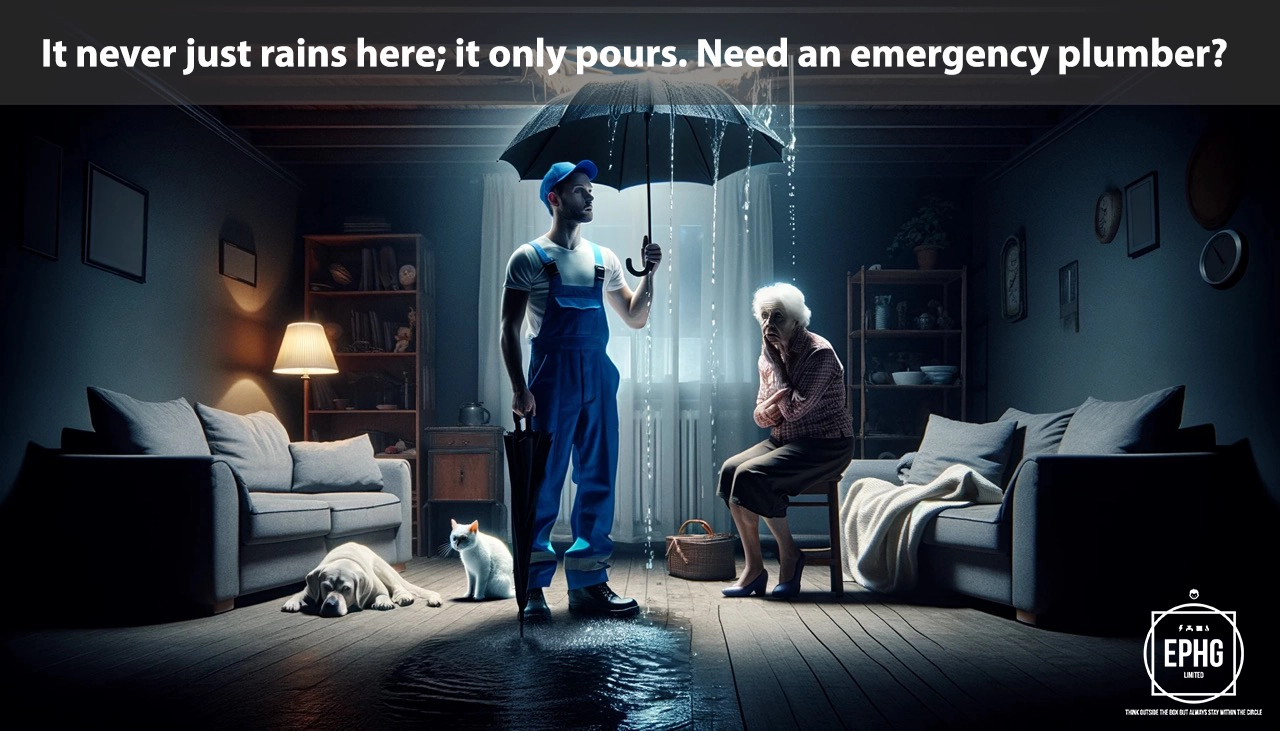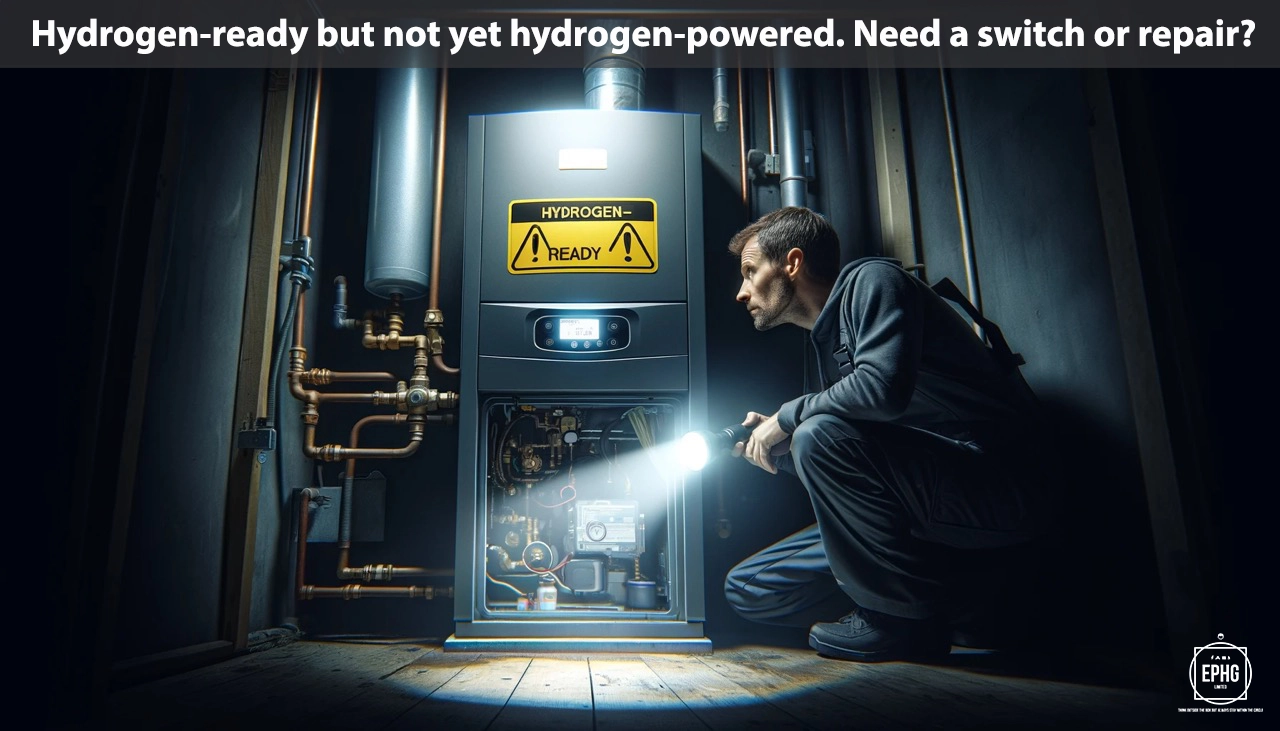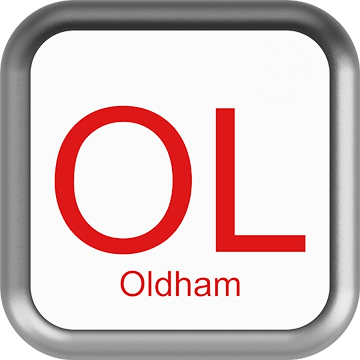
OL Postcodes for Utilities & Services in Oldham
Introduction: The OL postcode area, encompassing Oldham and its surrounding locales, presents unique insights into water, electricity, and other essential services. Discover what makes utilities in this region tick.
Water in Oldham
Where does the water supply come from in Oldham and is there ever a shortage of water?
In Oldham, the water supply primarily comes from the River Tame and the River Roch, significant contributors to the region's water system. These rivers, alongside local reservoirs, provide a consistent source of water, processed at various treatment facilities to meet safety standards for distribution. Despite the general reliability of Oldham's water supply, the area can experience pressure due to factors such as climate change, increasing population, and periodic dry spells, which might affect water levels and availability. While there have been no critical water shortages recently, local authorities and water companies maintain vigilant, employing sustainable practices and urging residents to conserve water, ensuring a stable supply throughout the year.
What is the hardness & quality of the water in Oldham and can this affect your health?
The water in Oldham is generally characterized as moderately hard. This condition is due to the water's journey through various geological layers before it reaches the taps of local residents. While moderately hard water contains higher levels of calcium and magnesium compared to soft water, it is still within safe consumption standards and contributes to daily mineral intake. The quality of water in Oldham adheres to strict regulatory standards, ensuring it is free from harmful contaminants and pollutants. While some residents might notice minor scale buildup in kettles or on taps, this is a common attribute of hard water and does not pose a health risk. The water's mineral content can actually be beneficial, though it's always wise to maintain a well-rounded diet for all your nutritional needs. Local authorities continue to monitor and manage water quality meticulously, ensuring safety and satisfaction for all users.
Electricity in Oldham
Where does the electric supply come from in Oldham and what is the future of energy there?
The electricity in Oldham is sourced from a combination of traditional and renewable energy sources. While historically dependent on fossil fuels, Oldham is transitioning towards more sustainable energy options, including wind, solar, and hydroelectric power. The area benefits from its position near the Pennines, which provides opportunities for wind energy development. Additionally, there are growing investments in solar energy installations and initiatives to explore hydroelectric power from local waterways. The future of energy in Oldham is aimed towards reducing carbon emissions and harnessing clean, renewable resources, reflecting a commitment to sustainability and eco-friendly practices. The vision for Oldham includes not only the diversification of energy sources but also the enhancement of energy efficiency in homes and businesses, promoting a greener and more sustainable community.
When is hydrogen coming to gas boilers in Oldham?
Oldham, like many parts of the UK, is exploring the adoption of hydrogen as a cleaner energy source for heating homes and buildings. The timeline for integrating hydrogen into gas boilers in Oldham aligns with national targets for reducing greenhouse gas emissions. While specific dates for complete conversion are not set, pilot projects and research into hydrogen feasibility are underway. The transition is part of a broader move towards decarbonizing the heating sector, with expectations for initial trials and gradual rollouts in the coming decade. Residents are encouraged to keep abreast of local and national developments regarding hydrogen energy and consider energy-efficient options and upgrades for their heating systems in preparation for future changes.
Where Does the Wastewater Go in Oldham?
In Oldham, wastewater management is a critical component of the area's infrastructure, aimed at safeguarding both environmental health and public hygiene. Wastewater from homes, businesses, and industrial sites is collected and channeled to treatment facilities, such as the Oldham Wastewater Treatment Works. Here, the wastewater undergoes extensive purification processes to remove contaminants and pollutants, ensuring that the treated water meets strict environmental standards before being released back into local watercourses like the River Medlock and the River Irk. The treatment process underscores Oldham's commitment to environmental stewardship, highlighting the region's efforts in managing water resources responsibly and maintaining the natural beauty and ecological balance of its waterways.
Regions and Services:
The OL postcode area covers a wide variety of landscapes, from the bustling urban environment of Oldham town to the serene and pastoral settings of the surrounding countryside. Notable regions include:
- Oldham Town: A hub for urban utilities and services, where residents have access to comprehensive electrical, gas, and water infrastructure. This area serves as the focal point for technological upgrades and sustainability initiatives.
- Rochdale, Ashton-under-Lyne, and Royton: These towns blend historical charm with modern amenities, offering a balanced mix of traditional and contemporary services to their residents.
- Saddleworth, Shaw, and Milnrow: Villages known for their scenic beauty and community spirit, where local renewable energy efforts are beginning to take root, adding to the area's charm and reducing its carbon footprint.
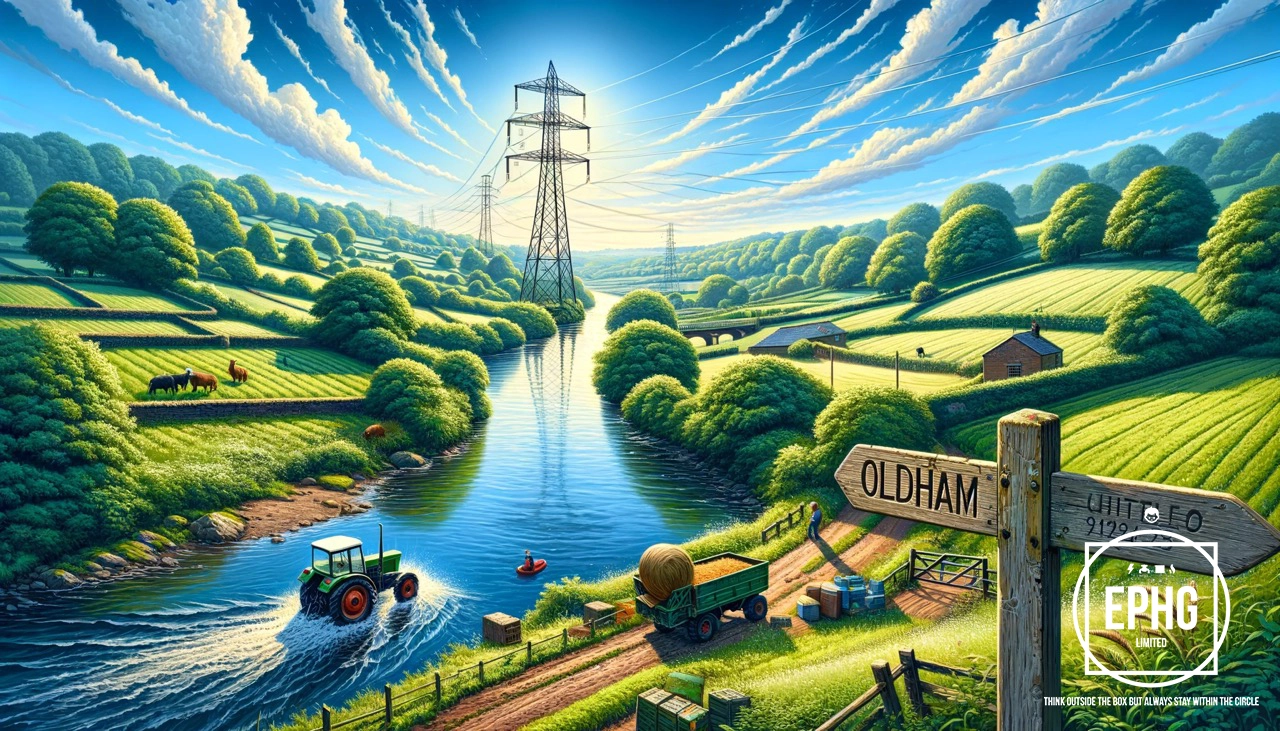
Regions within the OL Postcode
Oldham Central and Surrounding Districts
- OL1: Oldham Central, Chadderton
- OL2: Royton, Shaw
- OL3: Uppermill, Moorside, Greenfield
- OL4: Lees, Springhead, Grotton
- OL5: Mossley, Grasscroft
- OL6: Ashton-under-Lyne (central and west), Guide Bridge
- OL7: Ashton-under-Lyne (east), Limehurst
- OL8: Bardsley, Copster Hill
- OL9: Chadderton, Westwood, North Chadderton
Surrounding Areas and Villages
- OL10: Heywood
- OL11: Rochdale (central, east and north), Balderstone, Kirkholt
- OL12: Rochdale (north and northwest), Whitworth, Healey
- OL13: Bacup, Stacksteads, Britannia
- OL14: Todmorden, Walsden
- OL15: Littleborough, Shore, Smithy Bridge
- OL16: Rochdale (south), Firgrove, Smallbridge
- OL95: Oldham (non-geographic)
